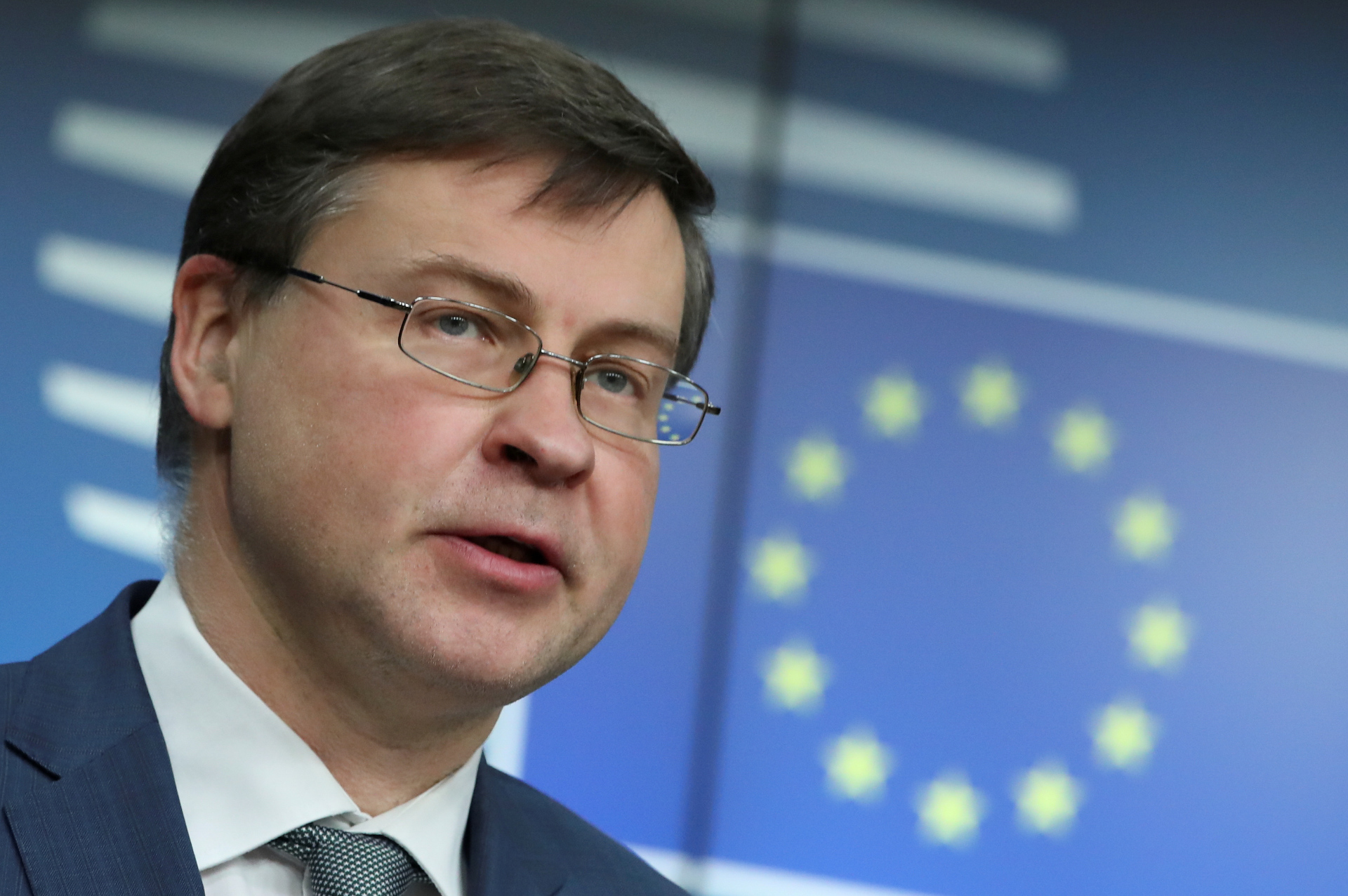EU sours on China, investment deal appears frozen over Beijing’s sweeping Xinjiang counter-sanctions
The EU-China Comprehensive Agreement on Investment is on extremely thin ice, and may be suspended entirely because of Beijing’s counter-sanctions over Xinjiang. But that is far from the only area of increased EU-China friction.

When the EU joined the U.S., Canada, and the U.K. in coordinated condemnation and targeted sanctions over China’s human rights abuses in Xinjiang in March, Beijing responded with a sweeping show of force.
- Many individuals — from scholars to members of the European parliament — and their family members, plus organizations ranging from Europe’s largest China-focused think tank to the EU’s Political and Security Committee, were hit by broad counter-sanctions from Beijing.
- The scope of China’s retaliation was widely seen as a significant escalation, so much so that Chinese officials have recently “tried to downplay the significance of its sanctions and tried to prove the policies were less forceful than they appear,” according to the South China Morning Post.
But the damage to EU-China ties may be done: After Agence France-Presse tweeted today, “EU suspends efforts to ratify China investment deal,” citing EU trade chief Valdis Dombrovskis, an EU official denied that the deal was “suspended” — but confirmed that it is on extremely thin ice because of the counter-sanctions. Euronews reports:
“…the ratification process of the [investment deal] cannot be separated from the evolving dynamics of the wider EU-China relationship,” the official told Euronews.
“In this context, Chinese retaliatory sanctions targeting Members of the European Parliament and an entire parliamentary committee are unacceptable and regrettable. The prospects for…ratification will depend on how the situation evolves. So not quite suspended.”
The “suspension” could become official if, as German MEP Hannah Neumann suggested will happen, the European parliament votes later this month to put the investment deal “in the freezer” as long as Beijing keeps its sanctions in place.
A “perfect storm” of China skepticism
While the Xinjiang sanctions and counter-sanctions may have been the catalysts for the current downward slide in EU-China relations, they are far from the only areas of increased tension.
- The “EU is now increasingly pessimistic about keeping business interests separate from political concerns over what it calls President Xí Jìnpíng’s ‘authoritarian shift,’” according to a “high-level internal report,” Politico reported last week.
- The “EU and China have fundamental divergences, be it about their economic systems and managing globalization, democracy and human rights, or on how to deal with third countries,” an April 21 letter from European Commission President Ursula von der Leyen and foreign policy chief Josep Borrell said.
- Europe’s pessimism comes from a “‘perfect storm’ of China’s assertiveness toward Taiwan, its move to impose political control over Hong Kong, and international sanctions over alleged human-rights abuses in the Xinjiang region, overlaid by the fact that China hasn’t followed through on its promises of opening up economically,” according to Joerg Wuttke, president of the European Chamber of Commerce in China, cited by Bloomberg.
- Read the whole Bloomberg report for more detail on recent foreign policy developments in Europe regarding China.
See also:
- EU blames China for endangering peace in South China Sea / Reuters
- U.K. and U.S. urge G7 to ally against threats from Russia and China / Guardian
- EU lists dozens of weak points where industry’s hostage to China / Bloomberg (paywall)
- German contender wants tougher stance on China, Russia / AP
The more China-skeptical Greens are narrowly leading in polls ahead of Germany’s September 26 parliamentary elections. Angela Merkel, a leading supporter of China engagement, is not running for a fifth term.






